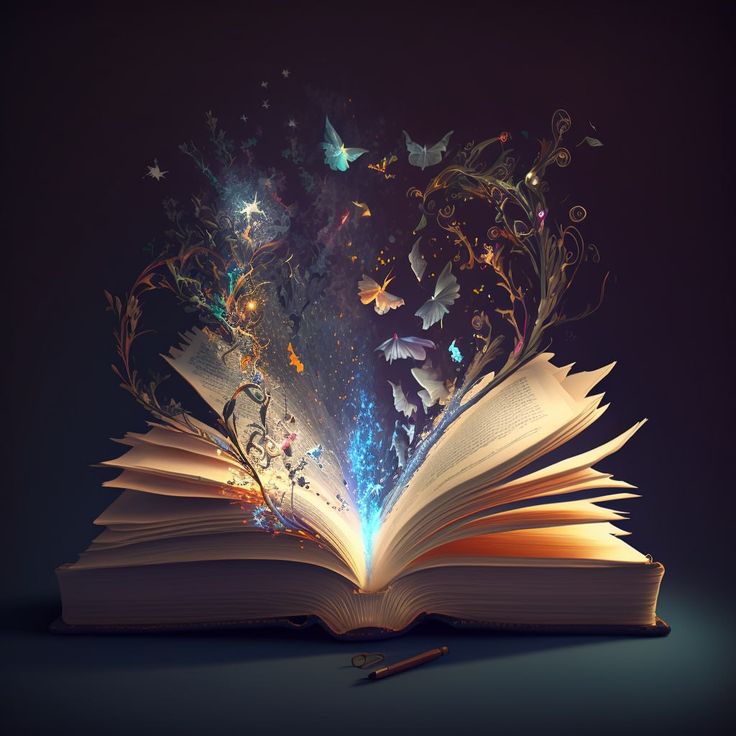Dystopian fiction, a genre that paints a bleak and often terrifying vision of a future society, has seen a surge in popularity in recent years. These novels often explore themes of societal collapse, government control, and the loss of individual freedoms. As readers seek to grapple with the complexities of the modern world, dystopian fiction offers a thought-provoking and often unsettling glimpse into potential futures.
The Appeal of Dystopian Fiction
The enduring appeal of dystopian fiction lies in its ability to tap into our deepest fears and anxieties. By presenting us with exaggerated scenarios of societal breakdown, these novels allow us to explore our own vulnerabilities and consider the potential consequences of our actions. Dystopian fiction can also serve as a cautionary tale, warning us of the dangers of unchecked power, environmental destruction, and social inequality.
Key Themes in Dystopian Fiction
Dystopian novels often explore a range of themes, including:
- Societal Collapse: Many dystopian narratives depict a society that has fallen into ruin, whether due to war, environmental disaster, or technological failure.
- Government Control: Dystopian societies are often characterized by oppressive governments that exert strict control over their citizens, limiting their freedoms and individuality.
- Loss of Individuality: In many dystopian novels, individuals are forced to conform to societal norms and expectations, losing their sense of self and identity.
- Technological Dystopia: Some dystopian narratives explore the dangers of unchecked technological advancement, leading to a world where technology has become a tool of oppression.
- Environmental Catastrophe: Dystopian fiction often addresses the consequences of environmental destruction, such as climate change and resource depletion.
Notable Dystopian Novels
There are countless examples of dystopian fiction, but some of the most iconic works include:
- 1984 by George Orwell: This classic novel depicts a totalitarian society where the government exerts complete control over its citizens through surveillance and propaganda.
- Brave New World by Aldous Huxley: This dystopian novel explores a future society that has eliminated suffering and conflict through genetic engineering and social conditioning.
- Fahrenheit 451 by Ray Bradbury: This novel depicts a society where books are banned and firefighters are tasked with burning them.
- The Hunger Games trilogy by Suzanne Collins: This young adult series explores a dystopian future where children are forced to compete in deadly games as a form of entertainment.
- The Handmaid’s Tale by Margaret Atwood: This novel depicts a dystopian future where women are stripped of their rights and forced into reproductive servitude.
- Divergent by Veronica Roth: Set in a dystopian Chicago divided into five factions, this novel follows a young woman who discovers she doesn’t fit into any of them.
- The Maze Runner trilogy by James Dashner: This series follows a group of teenagers trapped in a giant maze, forced to fight for their survival.
- The Giver by Lois Lowry: In this dystopian world, emotions and memories are suppressed in order to maintain peace and harmony.
The Relevance of Dystopian Fiction Today
Dystopian fiction remains relevant today as we grapple with complex global challenges such as climate change, inequality, and political polarization. These novels offer a thought-provoking lens through which to examine our own society and consider potential future scenarios. By exploring our fears and anxieties, dystopian fiction can inspire us to work towards a better future.
Beyond the Bleakness: Hope in Dystopian Fiction
While dystopian fiction often presents a bleak outlook, it also offers a glimmer of hope. In many cases, the protagonists of these novels are individuals who resist the oppressive systems they find themselves in. Their struggles and triumphs can inspire readers to find their own inner strength and to fight for a better world.
In conclusion, dystopian fiction is a powerful genre that continues to captivate audiences. By exploring our fears and anxieties, these novels offer a thought-provoking commentary on the human condition and the challenges we face as a society. While the visions of the future presented in dystopian fiction may be unsettling, they can also serve as a catalyst for positive change.







